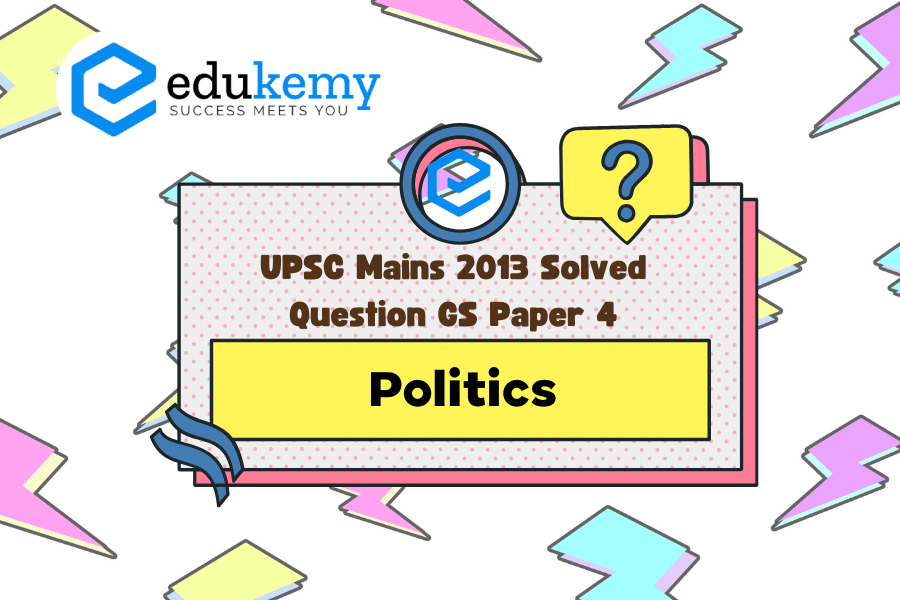The contention that “politics” and “ethics” are incompatible is a common refrain, yet this oversimplification neglects the intricate interplay between the two realms. While politics often involves strategic maneuvering and compromise to achieve objectives, ethics serve as the moral compass guiding these actions. Indeed, ethical considerations should ideally underpin political decisions, ensuring they align with principles of justice, fairness, and the greater good. However, the reality is often more complex, with instances where political expediency may lead to ethical compromises. History abounds with examples, such as Machiavellian tactics employed by leaders or instances of corruption and deception in governance. Conversely, ethical leadership can inspire trust and foster societal cohesion, as demonstrated by figures like Nelson Mandela or Mahatma Gandhi. Thus, while tensions between politics and ethics may arise, their convergence remains essential for the integrity and effectiveness of governance.
Tag: Public/Civil service values and Ethics in Public administration.
Contents
Decoding the Question:
- In Introduction, try to establish a relationship between politics and ethics.
- In Body, divide in two subheadings i.e. Context of Ethics and Its Significance for Politics and Governance and Salient Aspects of Ethics in Politics.
- In Conclusion, try to conclude with the importance of ethics in politics and administration.
Answer:
Ethics and Politics are seen as diametrically opposite domains of human life. While politics is about activities relating to the governance of a country, on the other hand ethics demands adherence to moral values. This contradiction has long puzzled politicians and thinkers and many have tended to taking sides, for example- Political philosophers like Machiavelli and Kautilya treated ethics in politics as an impediment in achieving the political objectives.
Ethics and Politics compatible or antithetical:
- Politics is said to involve use of Machiavellian tactics such as deception, hate mongering, propaganda and demagoguery. All these practices are abhorred in ethical life but politicians often arrest and consolidate power by the use of these tactics.
- Due to its negation of ethics and goal oriented decision making, politics has acquired new concepts like ‘Realpolitik’ and politicians have competed to project themselves as adherents of such political standards, because citizens are socially conditioned to believe that ethics in politics is more or less an expedient tool.
- But all these misconceptions were shattered by one man, who despite having the attributes of a veritable saint did not hesitate to wade into the quagmire of politics, his name was Mohandas Karamchand Gandhi. One of the ‘seven social sins’ recognised by him is “politics without principles”.
- Ethical politics is a desirable democratic value which, when ingrained in a political system, leads to eradication of socio-economic exploitation, corruption, disparity in natural resource distribution and inegalitarian practices.
Salient Aspects of Ethics in Politics:
- Legality and Rationality: A political leader will follow the law and rules that are outlined to govern and guide several categories of policies and decisions.
- Responsibility and Accountability: Political leaders would not hesitate to accept responsibility for their decisions and actions. They would hold himself morally responsible for his actions and for the use of his discretion while making decisions.
- Work Commitment: A political leader would be committed to his duties and perform his work with involvement, intelligence and dexterity. Work must not be considered as a burden but as an opportunity to serve and constructively contribute to society.
- Maxim of Excellence: A political leader would ensure the uppermost standards of quality in administrative decisions and would not compromise with standards as a result of convenience or complacency. Due to the competitive international environment, an administrative system should adhere to the requisites of Total Quality Management.
Ethics is a comprehensive concept, encompassing all facets of administration. Though vices of corruption, malpractices and bureau-pathologies have slowly creeped in the political system, the combat measures have not been very effective. For any governance system to be transparent, accountable, efficient and sensitive, a Code of Ethics in the form of service rules, procedural norms, and administrative strategies is the requirement of the day. A certain degree of autonomy is a prerequisite for any code to be successful.
In case you still have your doubts, contact us on 9811333901.
For UPSC Prelims Resources, Click here
For Daily Updates and Study Material:
Join our Telegram Channel – Edukemy for IAS
- 1. Learn through Videos – here
- 2. Be Exam Ready by Practicing Daily MCQs – here
- 3. Daily Newsletter – Get all your Current Affairs Covered – here
- 4. Mains Answer Writing Practice – here


